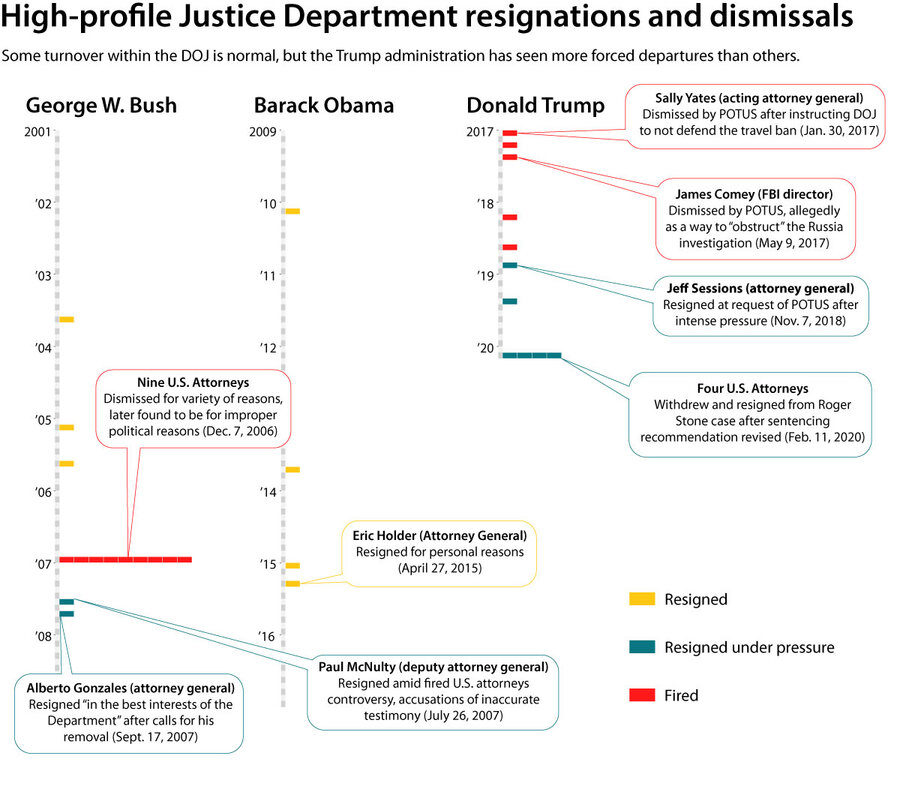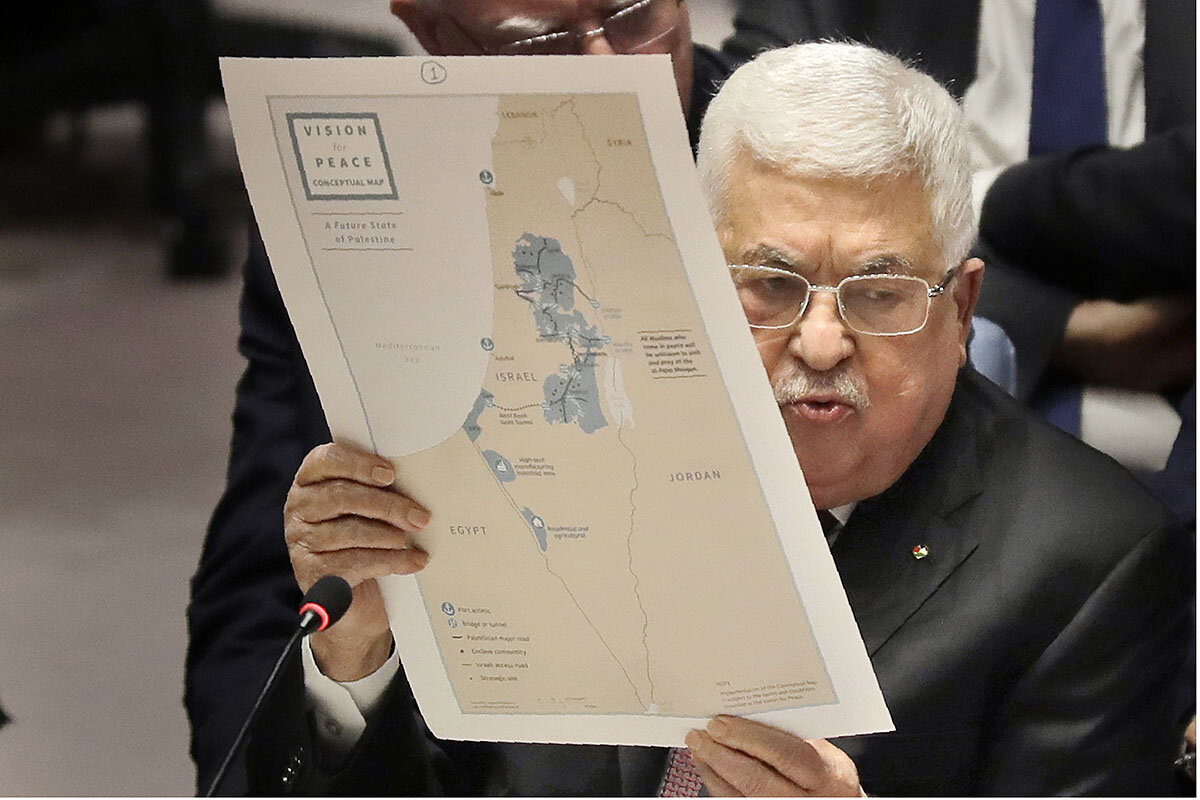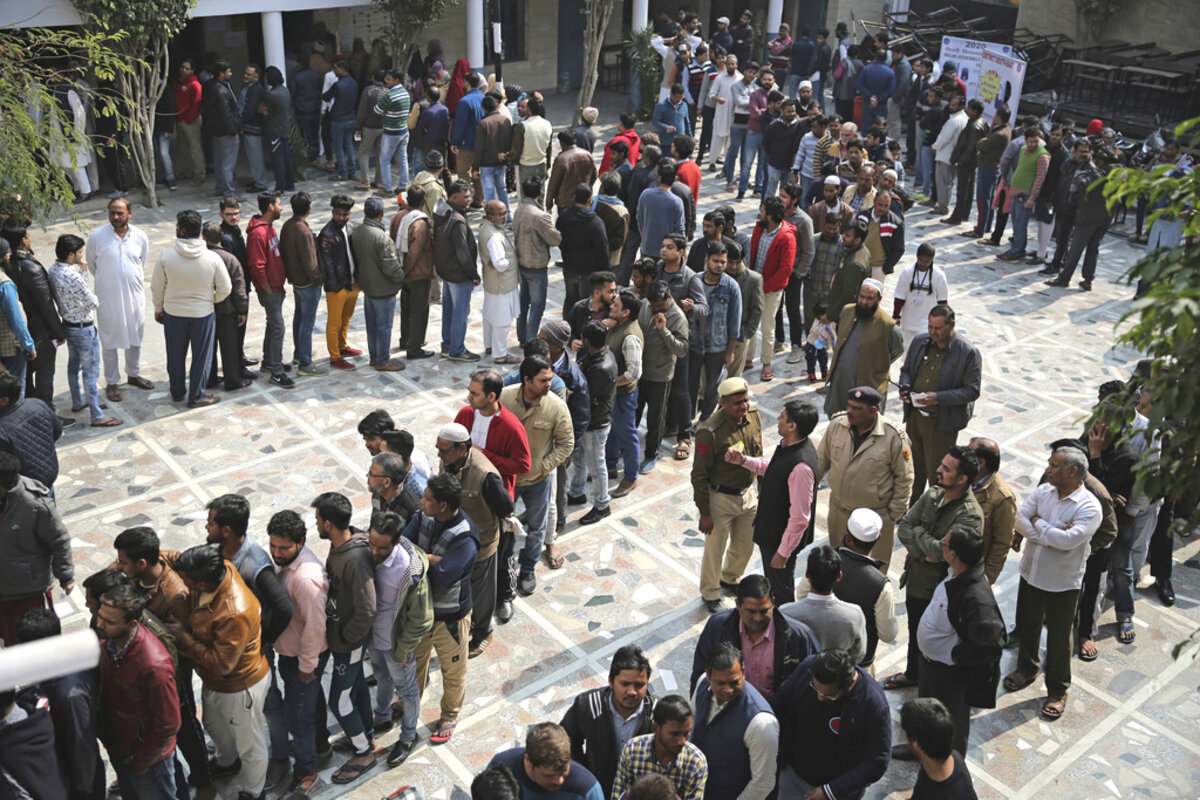At what point does the demand for loyalty undermine the rule of law? Several decisions by the Department of Justice this week have brought a new urgency to that question.
Monitor Daily Podcast
- Follow us:
- Apple Podcasts
- Spotify
- RSS Feed
- Download
 Mark Sappenfield
Mark Sappenfield
Today’s stories examine the Trump administration and rule of law, the need for patience in the Democratic presidential race, how the quest for Mideast peace is changing, the surprising mysteries of our own sun, and 10 great books for February.
Ireland has done what was once unthinkable. The results from Saturday’s election put Sinn Fein – the party historically tied to the insurgency of the Irish Republican Army – on equal footing with the country’s two established, centrist parties.
The vote holds no hint of fondness for past violence. Older voters who remember "The Troubles" best largely stayed away from Sinn Fein. But to younger voters, feeling left behind by an economy that increasingly seems to benefit only elites, Sinn Fein was the one party that, ironically, represented a fresh start.
Jason Walsh, who grew up in Belfast and has written about Ireland for the Monitor since 2009, has been tweeting about all this for weeks now. Yet even he was surprised by how well Sinn Fein did. He told me that he still looks a bit askance at Sinn Fein. But he also said the growing economic inequities in Ireland are so pronounced that “it’s remarkable it’s taken so long for an alternative to appear.” A one-bedroom apartment in Dublin can run 2,000 euros a month.
Ahead is a delicate balancing act. Can Sinn Fein really change itself, parting with the last vestiges of links to a militant past? And can it change the country, expanding beyond a dependence on foreign investment to better develop Ireland’s own domestic potential?
“It is an extraordinarily thin line Sinn Fein is walking,” Jason says. But for the first time, Irish voters have given the party the chance to make that change.










